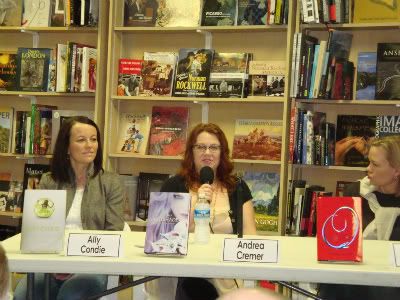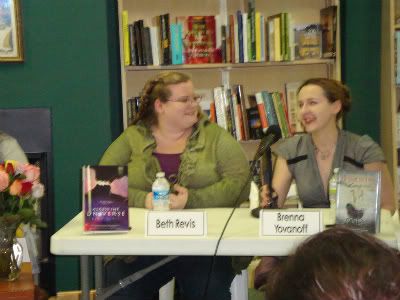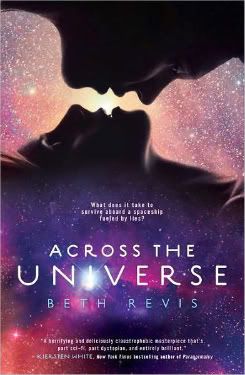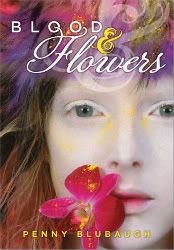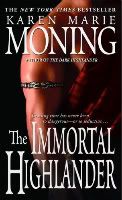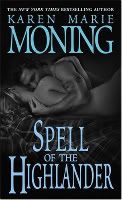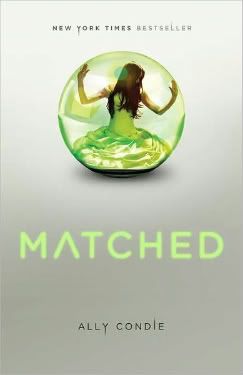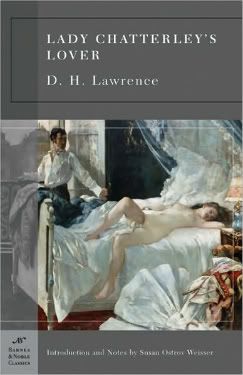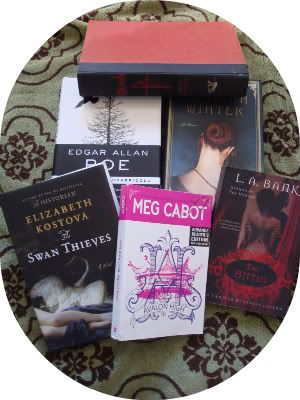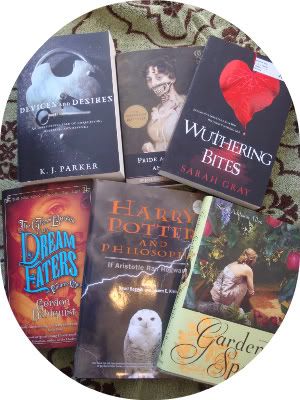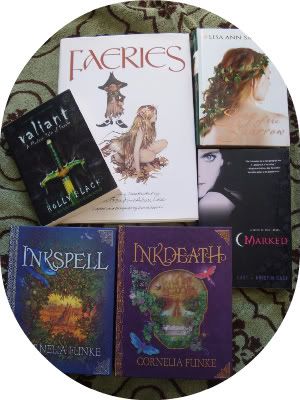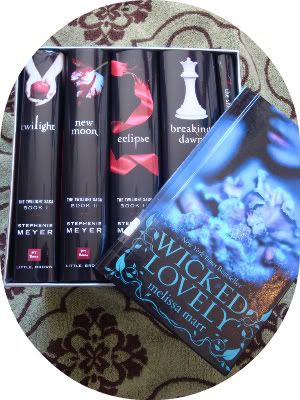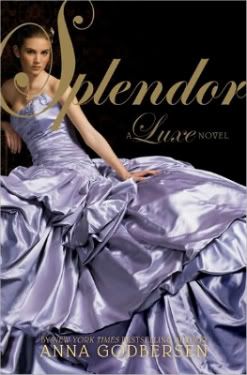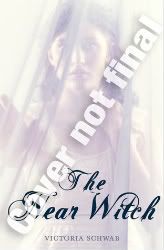Title: Lady Chatterley’s Lover
Author: D. H. Lawrence
Publisher: Barnes & Noble Classics
Category: adult fiction
Page Count: 384
Release Date: May 2005 (originally 1928)
Series: none
Source: Bought
Challenge: 2011 WCRD
Quick Rating: n/a *
The last, and most famous, of D. H. Lawrence’s novels, Lady Chatterley’s Lover was published in 1928 and quickly banned in England and the United States as pornographic. While sexually tame by today’s standards, the book is memorable for better reasons - Lawrence’s masterful and lyrical prose, and a vibrant story that takes us bodily into the world of its characters.
As the novel opens, Constance Chatterley finds herself trapped in an unfulfilling marriage to a rich aristocrat whose war wounds have left him paralyzed and impotent. After a brief but unsatisfying affair with a playwright, Lady Chatterley enjoys an extremely passionate relationship with Oliver Mellors, the gamekeeper on the family estate. As Lady Chatterley falls in love with Mellors, she moves from the heartless, bloodless world of intelligentsia and aristocracy into a vital and profound connection rooted in sexual fulfillment.
Perhaps even more relevant today than when it first appear, Lady Chatterley’s Lover is a triumph of passions and an erotic celebration of life.
So this was my first book of the year for the 2011 Wordsworth Classics Reading Challenge. I initially chose this one because I’ve seen the movie, and loved it. The actual novel, however, is so much more than the movie portrays. While the 1981 film version made it seem like the story was nothing but a steamy love affair,
Lady Chatterley’s Lover contains such beautiful language and deep social commentary, it’s on a completely different level of depth than its movie counterpart. I’m definitely thinking of checking out the 1993 mini-series, since it’s supposed to be the most accurate.
The problem I usually have with classics is, I hate to admit it, boredom. Pacing was an entirely different thing in the era of “classics” and it takes a profound story to keep me hooked. I ended up staying up just as late with
Lady Chatterley as I do with any other kind of modern book, just itching to know what happened next. While the pacing is definitely slower, and the author tended to use his characters to go off on tangents for a couple of pages, it was never distracting to the point that I wanted to quit. I’ll also admit, it was pleasant to read an “erotic” book from this era. By today’s standards, it’s extremely tasteful, and strangely beautiful and passionate. Being able to see into literally every character’s head, even the minors, was a mildly overwhelming, yet insightful experience. Normally, we only see one or two perspectives on a situation, but you were allowed into the head of characters that were only present for one chapter.
The only problem I actually had with the novel was the repetitiousness of the author, but that was his style, and I did eventually get used to it. For example, the word “ridiculous”, or other variant of the word, was used twenty times on pages nine and ten. However, some passages were so beautifully written, any repetition is quickly forgiven. One thing I’ve always loved about the classics is the way the English language is used to it’s greatest capabilities, and the way each author has such a distinctive style. I actually bought the cheaper Barnes & Noble Classics edition of this just so I could highlight all the passages I loved, and not feel bad about it (I’m one of those readers who cringes at a dog-earred page). I also want to mention, the questions at the end of the B&N edition were a really awesome feature, and really made me think about what I had read. And as much as I would love to go a careful dissection of the novel, I’m cutting myself off here. I’m really wishing I was in school again so I could do a thorough book report on it! If you enjoy classics, and you haven’t read
Lady Chatterley, I do recommend picking it up at some point.
The Final Word: While probably not a classic I’m going to revisit over and over, it was one of the most satisfying “classic” readings I’ve ever had. Julian Moynahan said it best: “The genuine yet carefully restrained optimism of
Lady Chatterley’s Lover is founded on a belief that the world is alive and that aliveness is the only thing worth cherishing.” (1959) It will appeal to lovers of romance, freedom, and following your desires.
Overall: n/a
Cover:  Concept:
Concept: n/a
Characters: n/a
* I’m actually not planning on rating any of the classics I read this year. I just don’t feel you can hold them to the same standards as today’s novels. They are considered classics for a reason, and thus are above such a simple numbered judgment.
Tea: Since Lipton is actually mentioned by name, I’d recommend their
Ginger Twist Herbal Tea for something traditional, but with that little bit of exotic spice thrown in.
Memorable Quotes:
“Ours is essentially a tragic age, so we refuse to take it tragically…We’ve got to live, no matter how many skies have fallen.” (pg. 3)
“…they were just as good as the men themselves, only better, since they were women.” (pg. 5)
“The oak-leaves were to her like oak-leaves seen ruffling in a mirror, she herself was a figure somebody had read about, picking primroses that were only shadows, or memories, or words.” (pg. 19)
“Her body was going meaningless, going full and opaque, so much insignificant substance. It made her feel immensely depressed and hopeless. What hope was there? She was old, old at twenty-seven, with no gleam and sparkle in the flesh. Old through neglect and denial, yes denial.” (pg. 76)
“He glanced apprehensively at her. Her face was averted, and she was crying blindly, in all the anguish of her generation’s forlornness. His heart melted suddenly, like a drop of fire, and he put out his hand and laid his fingers on her knee.
“You shouldn’t cry,” he said softly.” (pg. 124)
“ ”And are you sorry?” she said.
“In a way!” he replied, looking up at the sky. “I thought I’d done with it all. Now I’ve begun again.”
“Begun what?”
“Life.” “ (pg. 126)
“She was like a forest, like the dark interlacing of the oak-wood, humming inaudibly with myriad unfolding buds. Meanwhile the birds of desire were asleep in the vast interlaced intricacy of her body.” (pg. 148)
“Then he stood there, above her, fastening his breeches and looking down at her with dark, wide eyes, his face a little flushed and his hair ruffled, curiously warm and still and beautiful in the dim light of the lantern, so beautiful , she would never tell him how beautiful. It made her want to cling fast to him, to hold him, for there was a warm, half-sleepy remoteness in his beauty that made her want to cry out and clutch him, to have him. She would never have him. So she lay on the blanket with curved, soft naked haunches, and he had no idea what she was thinking, but to him too she was beautiful, the soft, marvelous thing he could go into, beyond everything.” (pg. 189)
“ “Well, so many words, because I can’t touch you. If I could sleep with my arms round you, the ink would stay in the bottle.” “ (pg. 326)


